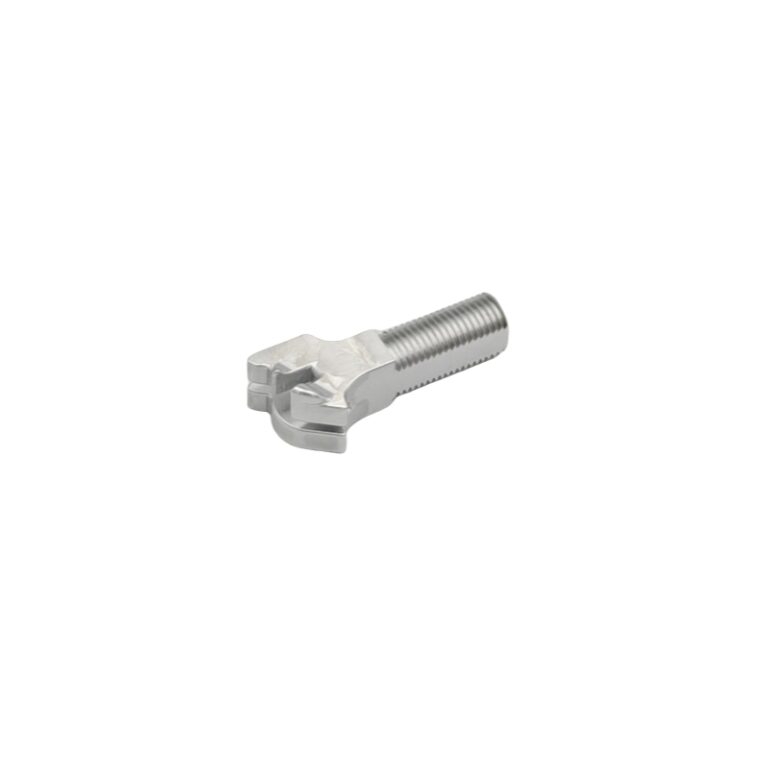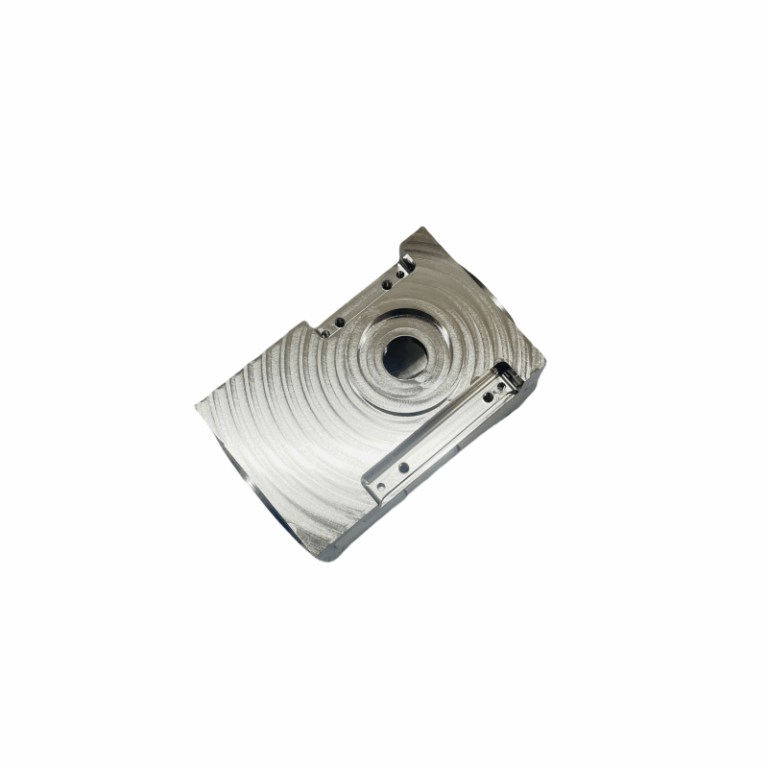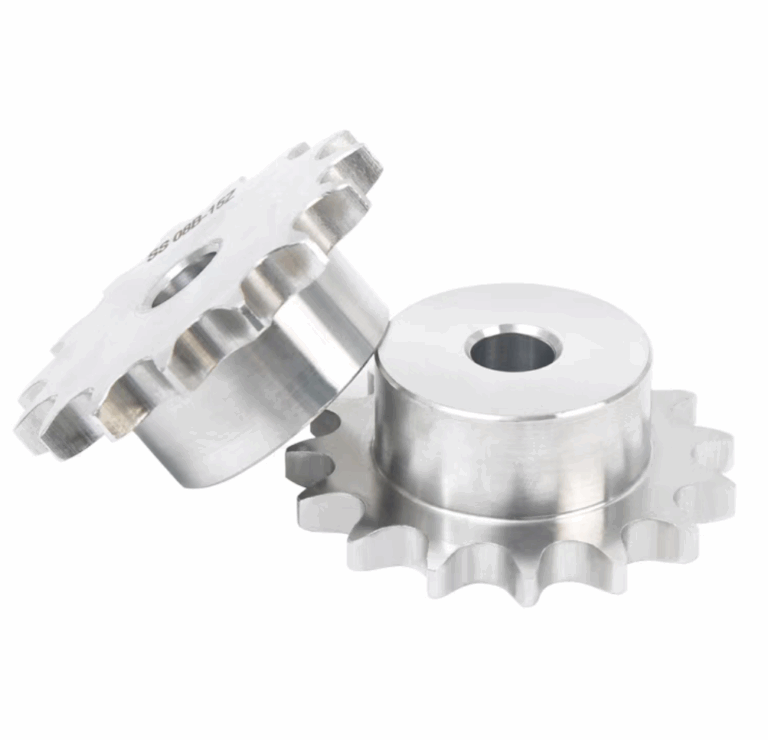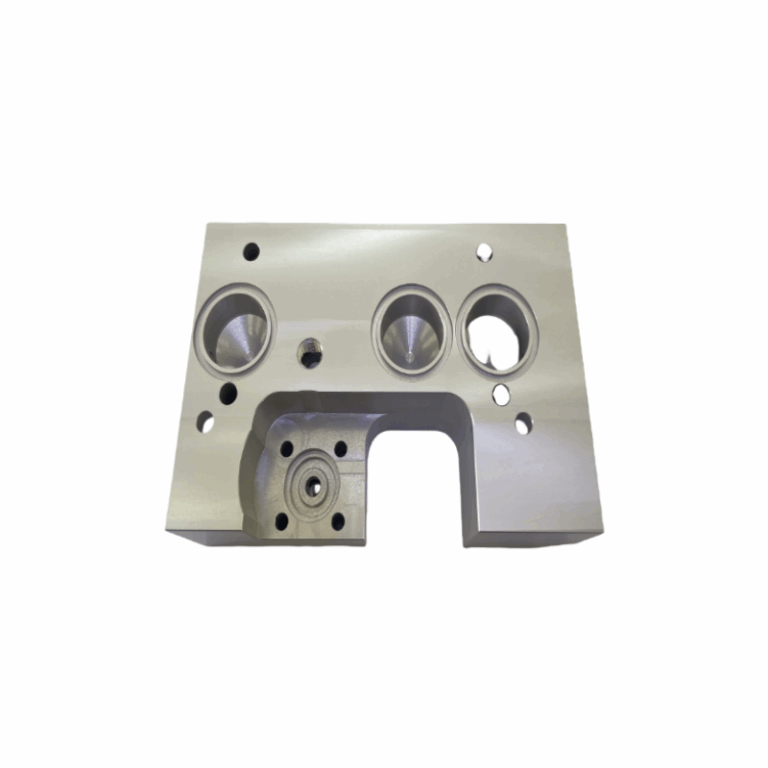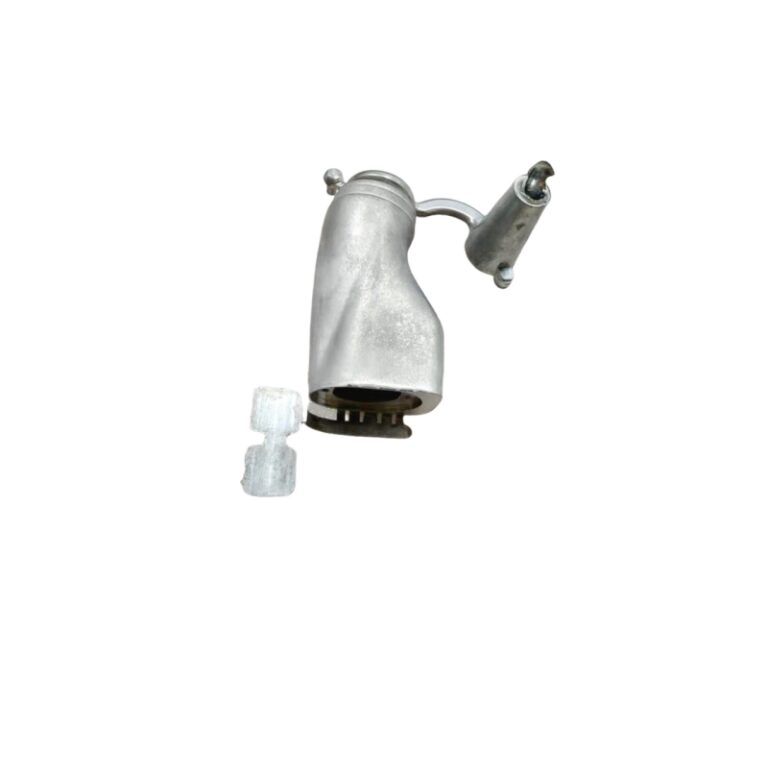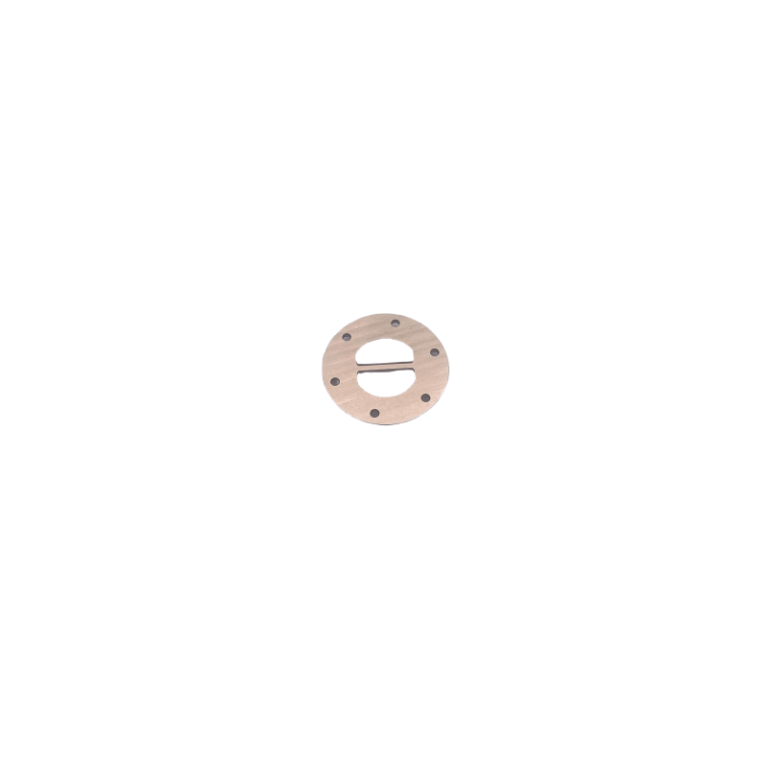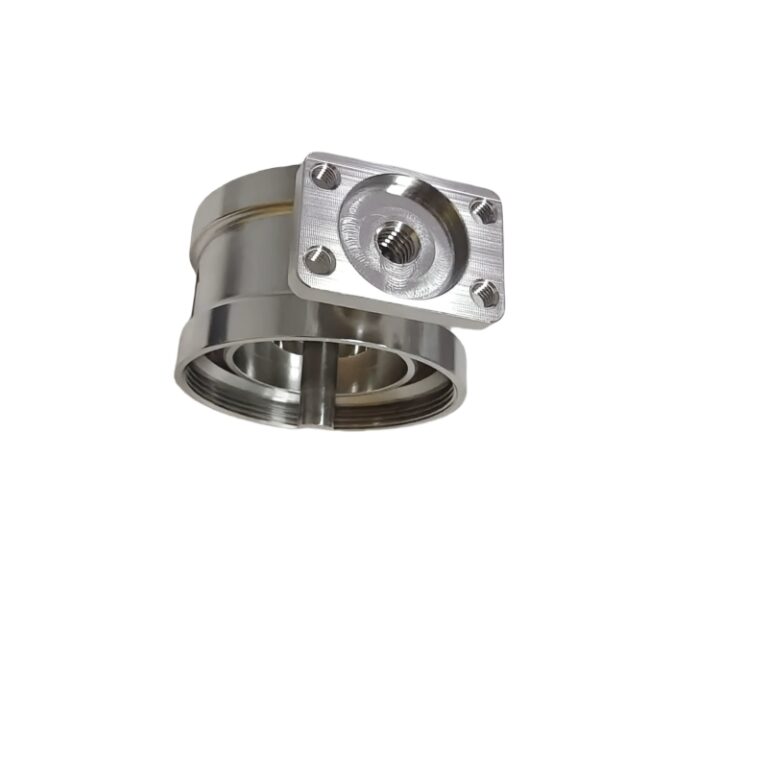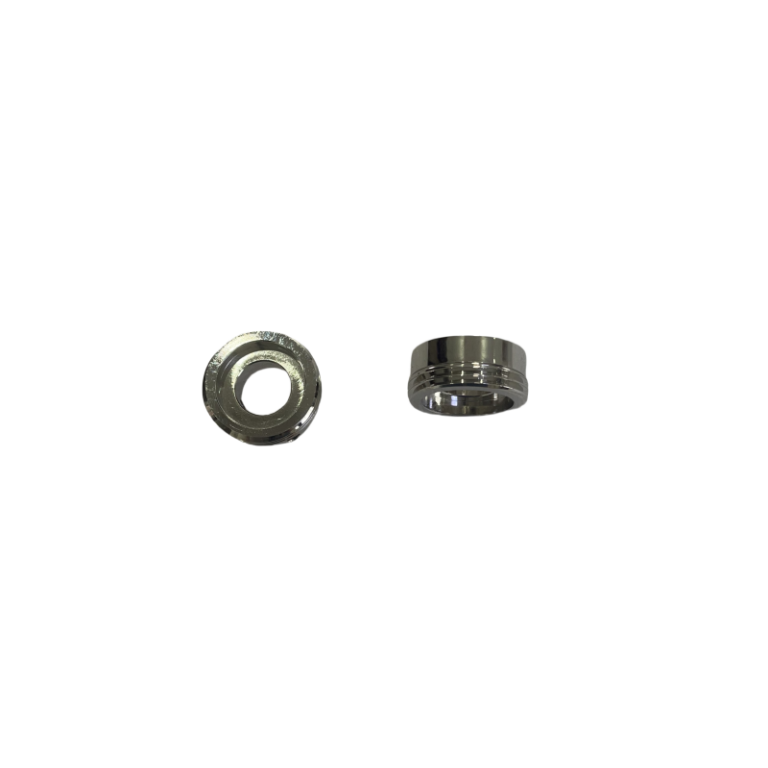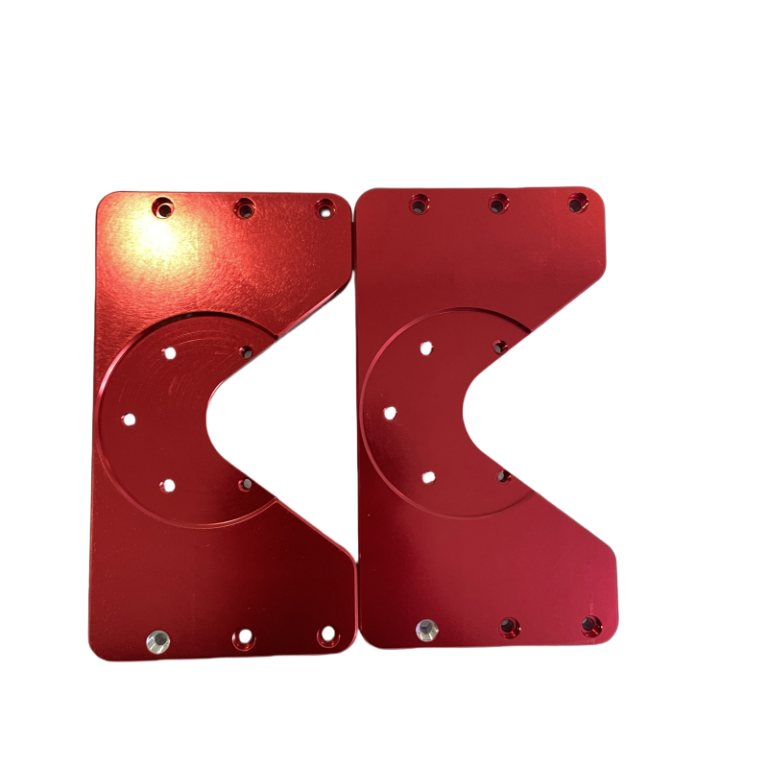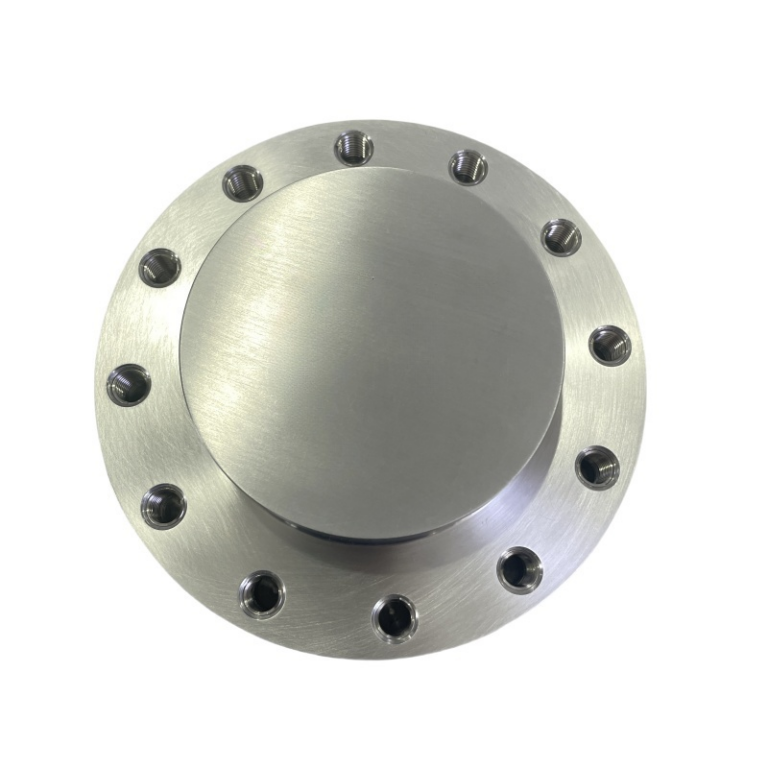In the modern industry, aluminum has become an indispensable key material due to its unique physicochemical properties. From high-end and sophisticated aerospace equipment to all kinds of supplies for daily production and life, aluminum is everywhere. However, not all aluminum is suitable for the same industrial scenario, and different types of aluminum have significant differences in chemical composition, mechanical properties, processing technology, and application fields. This article will conduct an in-depth analysis of common aluminum types in industrial applications, compare their characteristics and applicable scenarios, and provide a comprehensive reference for enterprises in material selection.

Overview of the Classification System of Aluminum
The classification of aluminum is mainly based on its alloy composition and processing technology. According to international standards, industrial aluminum can be roughly divided into two categories: pure aluminum (content ≥99%) and aluminum alloy. Aluminum alloys can be classified into wrought aluminum alloys and cast aluminum alloys. The former is formed by plastic processing methods such as rolling, extrusion, and forging, while the latter directly obtains the desired shape through the casting process.
In addition, according to the different alloy elements, aluminum alloys can also be divided into multiple series, such as the 2XXX series, the 3XXX series, the 5XXX series, the 6XXX series, the 7XXX series, etc. Each series has its own unique performance characteristics and application direction.
Pure Aluminum: Basic Performance and Application Limitations
Pure aluminum is the basic material of the aluminum industry and has extremely high purity (usually above 99%). It has low density (about 2.7g/cm³), excellent electrical and thermal conductivity, strong corrosion resistance, and good ductility and processability. These characteristics make pure aluminum widely used in the electrical industry, such as wires, cables, conductive strips, etc.; in the food packaging field, pure aluminum foil has become the first choice for packaging materials due to its non-toxic, moisture-proof, and good insulation properties; in addition, pure aluminum has certain applications in some chemical equipment and building decoration fields that require high corrosion resistance.
However, pure aluminum has low strength and low hardness and is not suitable for structural parts that bear large loads. Its heat resistance is also poor, and its performance will drop rapidly in high-temperature environments. Therefore, in most industrial applications, pure aluminum must be alloyed with other elements to improve its mechanical properties.
Deformed Aluminum Alloy: Performance Strengthening and Multi-Purpose Applications
2XXX series aluminum alloy (copper alloy)
The 2XXX series aluminum alloy uses copper as the main alloying element, has high strength and good heat treatment and strengthening properties, and is called a hard aluminum alloy. Aluminum alloy 2024 is a typical representative of this series. Therefore, it is widely used in the aerospace field and is often used to manufacture key structural parts such as aircraft skins, wing beams, landing gears, etc. In addition, in some high-end sports equipment, such as bicycle frames, golf clubs, etc., the 2XXX series aluminum alloy is also popular for its high strength and lightweight properties. However, this type of aluminum alloy has relatively poor corrosion resistance and requires surface treatment to prevent corrosion.
3XXX series aluminum alloy (manganese alloy)
The 3XXX series aluminum alloy has manganese as the main alloy element and has good corrosion resistance, forming properties, and welding properties. Among them, 3003 aluminum alloy is the most commonly used model and is often used to manufacture products that require good formability and corrosion resistance, such as corrugated boards, pipes, kitchen utensils, etc. for construction. In the automobile manufacturing industry, 3XXX series aluminum alloys are also used to manufacture fuel tanks, radiators, and other components. Compared with other series of aluminum alloys, the 3XXX series aluminum alloy has lower strength and is not suitable for structural parts that withstand high loads, but its comprehensive performance is relatively balanced.
5XXX series aluminum alloy (magnesium alloy)
The 5XXX series aluminum alloy is made of magnesium as the main alloy element and has good corrosion resistance, welding properties, and medium strength. This series of aluminum alloys has excellent plasticity and toughness, especially in marine environments, and its corrosion resistance is outstanding, so it is often used in the fields of ship manufacturing, marine engineering, pressure vessels, etc. In addition, in the automotive industry, the 5XXX series aluminum alloy is also widely used in the manufacturing of body covering parts, doors, suitcase lids, and other components, which helps to achieve lightweight in the automobile and reduce fuel consumption. 5052 Aluminum alloy is a typical representative of this series and has important applications in many industrial fields.
6XXX series aluminum alloy (magnesium silicon alloy)
Magnesium and aluminum elements are added to the 6XXX series aluminum alloys. This series of aluminum alloys has good comprehensive properties, including medium strength, excellent corrosion resistance, good processing performance, and welding performance.6061 aluminum alloys are often used to manufacture structural parts that require certain strength and toughness, such as bicycle frames, motorcycle frames, mechanical parts, etc.; 6063 aluminum alloys have become the first choice for building doors, windows, curtain walls, and decorative profiles due to their good extrusion and surface treatment performance. In the field of electronic equipment, the 6XXX series aluminum alloy is also used to manufacture laptop cases, mobile phone frames, and other products, taking into account both beauty and performance.
7XXX series aluminum alloy (zinc alloy)
The 7XXX series aluminum alloy uses zinc as the main alloy element and is strengthened by adding copper, magnesium, and other elements. It is called a super-hard aluminum alloy. 7075 Aluminum alloy is a typical representative of this series, with its strength comparable to steel, and is often used in the aerospace field, such as the manufacturing of aircraft wings, fuselage frames, and other key stress-bearing components. In the military industry, 7XXX series aluminum alloys are also widely used in the manufacturing of structural parts of weapons and equipment. In addition, in high-end sporting goods, such as golf clubs, bicycle racing frames, etc., the 7XXX series aluminum alloy has been used due to its high strength and lightweight properties. However, this series of aluminum alloys have poor corrosion resistance and is more sensitive to stress corrosion, so they require special heat treatment and surface treatment.
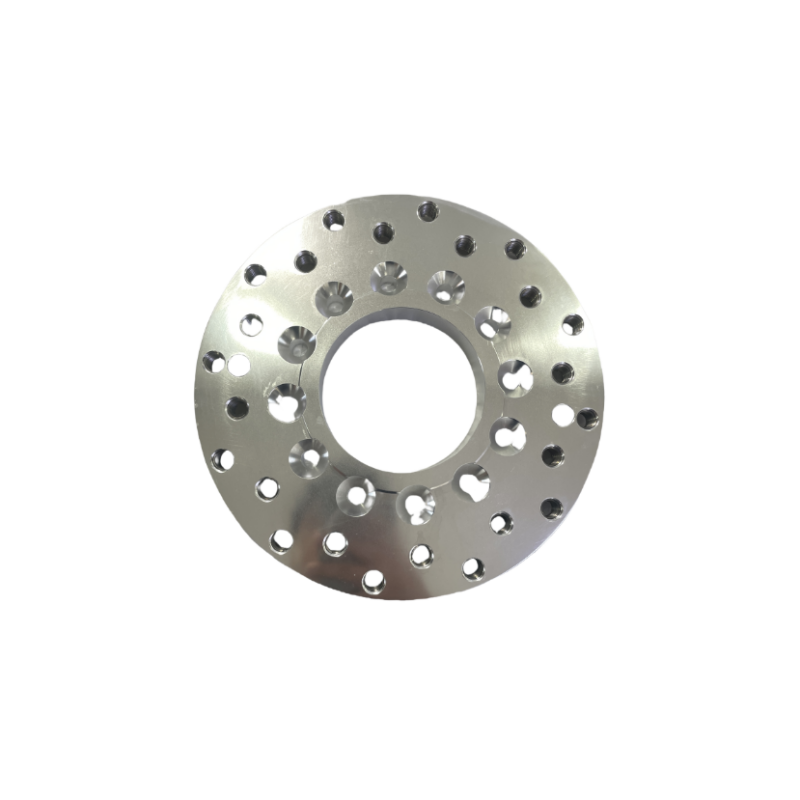
Comparison of Performance of Different Aluminum Types
| Performance | 1XXX | 2XXX | 5XXX | 6XXX | 7XXX |
| Strength(MPa) | 90 | 470 | 280 | 310 | 570 |
| Corrosion Resistance | excellent | Poor | excellent | good | moderate |
| Processing Difficulty | easy | difficult | moderate | moderate | difficult |
| Cost ($/kg) | low | high | moderate | moderate | high |
Material selection suggestions:
Lightweight and strong: 7xxx or aluminum-lithium alloy is preferred for aerospace.
Corrosion-resistant environment: Marine engineering adopts the 5xxx series.
Comprehensive cost-effectiveness: Automotive and construction preferred 6xxx series.
Conductive demand: 1xxx has a low density and cost, and has been widely used in the power industry fields such as wires and cables.

Cast Aluminum Alloy: Molding Advantages and Specific Applications
Cast aluminum alloys directly obtain the required shape through the casting process, which has the advantages of high production efficiency, low cost, and the ability to manufacture complex-shaped parts. Common casting aluminum alloys in the industry include the Al-Si series, Al-Cu series, Al-Mg series, and Al-Zn series etc. The AI-Si series casting aluminum alloys are the most widely used casting aluminum alloys in the current industry, among which A356 aluminum alloy is the most typical. This alloy has good casting performance, airtightness, and corrosion resistance, and is often used to manufacture parts such as automobile engine cylinder blocks, wheel hubs, water pump housings, etc. Al-Cu-based cast aluminum alloy has high strength and heat resistance and is suitable for manufacturing parts that need to withstand higher temperatures and loads, such as internal combustion engine pistons, aircraft engine parts, etc. Al-Mg-based cast aluminum alloy has good corrosion resistance and cutting properties and is often used to manufacture ship parts, instrument shells, etc. Al-Zn series cast aluminum alloys have high strength and good casting properties and can be used to make parts with complex structures, but this series of aluminum alloys has poor corrosion resistance and requires surface treatment.
Conclusion
There is a wide variety of types of aluminum in industrial applications, and each type has its own unique performance advantages and applicable scenarios. By deeply understanding the characteristics of different aluminum types, enterprises can more accurately select suitable materials, optimize product design, improve production efficiency, and reduce costs. However, considering there are a lot of options, choosing aluminum for your prototype design seems challenging. At DMTC, we provide qualified guidance for ideal materials for a variety of manufacturing tasks. Contact Us. Seek help with your material selection puzzle now.

